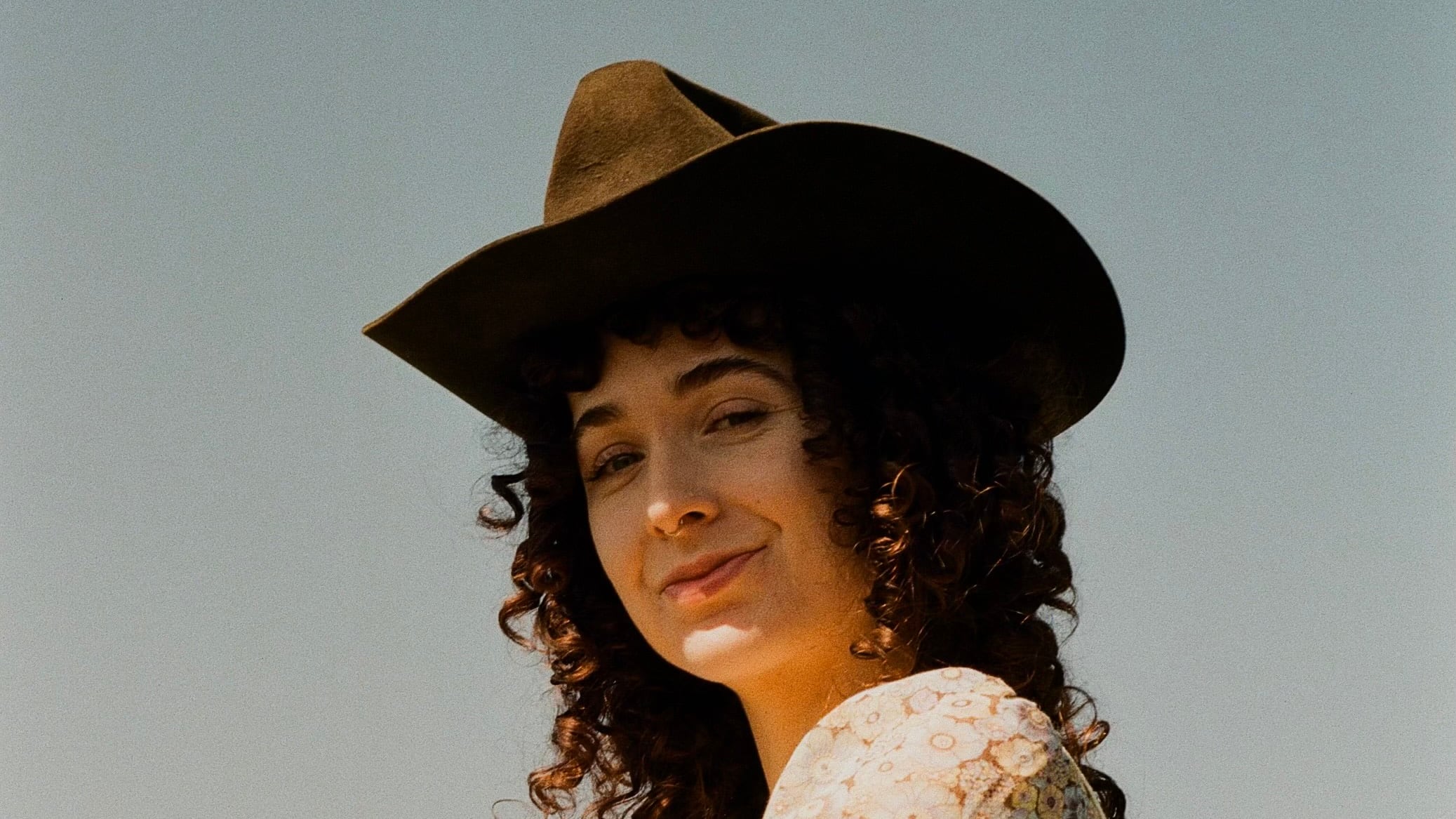Visitors and soon-to-be Portlanders travel from across the country and around the globe to experience the thriving live music scene in our rainy city. Genre-spanning musicians and artists like The Decemberists, Aminé, Weyes Blood, and Elliott Smith all found a launching pad in the live music community in the City of Roses.
However, you may be surprised to learn about the thriving country and folk music scene in Portland. WW sat down with rising star singer-songwriter Mac Cornish (whose debut self-titled album was released last year) to shine a light on the close-knit community and her own budding career.
WW: So, Mac, how did you end up in Portland?
Mac Cornish: I’m from a really, really small town called Portola Valley. It’s right at the foot of the Santa Cruz Mountains, tucked away in the redwood trees, about 45 minutes south of San Francisco. At the end of my high school experience I was applying to colleges and I really fell in love with Lewis & Clark College.
What’s the Portland folk music scene like? What’s been your experience as a performer?
The folk and country scene here is so amazing. It’s big. There’s so many bands, there’s so many venues that are playing all the time. There’s so many artists that really inspire me, who are now my peers, which is really cool. People probably wouldn’t think Portland would be a country city, but there’s a big country scene here. I make more folky music, but I’ve definitely been moving towards a country sound.
Could you speak to the differences and similarities between country and folk music?
That’s a great question and that’s a hard question. It’s like really just the instrumentation that’s changing it. But folk and country music have been blending into each other since the very beginning. They both aggressively have their roots in traditional ballads of the British Isles and Europe, but also blues music of African-American people within the U.S.—not equally, but both pull from those two traditions, as well as Native American music.
That’s what makes folk and country so beautiful to me. They’re really this very diverse and cosmopolitan sound. It’s diverse because it’s pulling not just from white Americans, it’s pulling from Black Americans and Native Americans too. It’s pulling from all these different genres to create a very American sound.
What artists would you say have been the biggest influence on your music?
The ‘60s and early ‘70s are what I like to hyperfixate on. Obviously, Joan Baez, Bob Dylan, the ‘60s folk revival king and queen. But I also love Laurel Canyon and Crosby, Stills, Nash & Young. Gram Parsons is another huge inspiration for me and his band, The Flying Burrito Brothers. He coined the term cosmic American music, which was an amalgamation of country and rock music.
Then I also grew up on straight classic rock, like Led Zeppelin has been my favorite band since I was a little kid. Honestly, everything about the ‘60s and ‘70s inspires me so much.
How would you describe your style of music to a potential fan?
This is a hard question for me because I put out an album almost a year ago now, and that album was recorded two years ago, and many of those songs were written four years ago. So if someone were to go listen to that album, I don’t know how they would generalize me because my music has changed so much since that album. The music I’m making now, the music I’m playing live, I would definitely say it’s cosmic folk. I would say it’s somewhere in that range of walking the line between the two genres, but it definitely leans more toward folk.
SEE IT: Mac Cornish plays with Neon Prairie Dogs, Richard Gans, and JJ and The Chupacabras at Turn! Turn! Turn!, 8 NE Killingsworth St., 503-284-6019, turnturnturnpdx.com. 7 pm Sunday, May 7. 21+.
